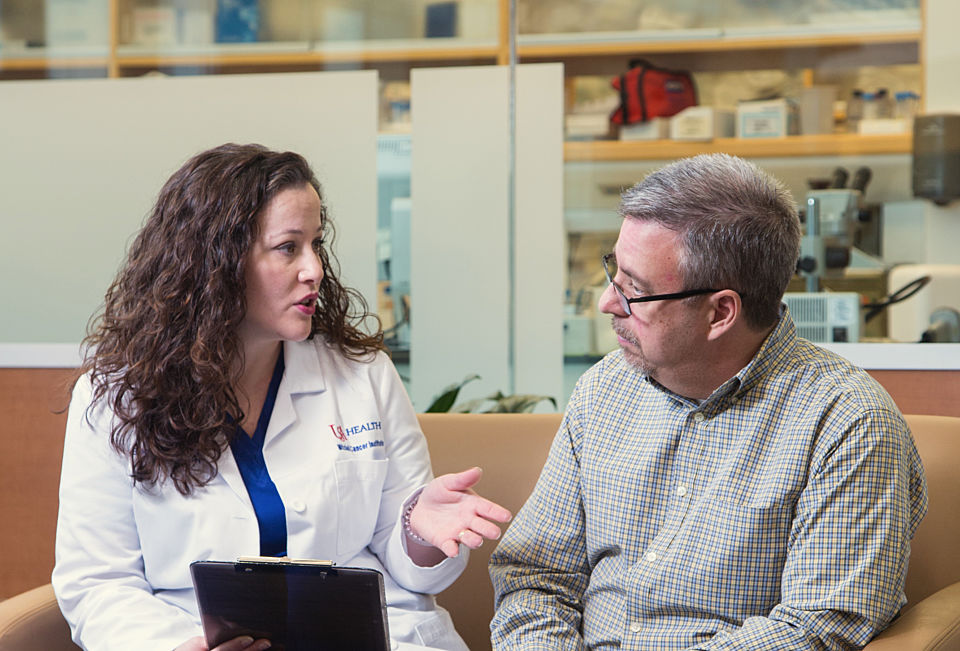Pediatric Endocrinology at USA Health
Endocrinology focuses on parts of the body that produce hormones, such as the pancreas, adrenal glands, thyroid and pituitary glands. Pediatric endocrinology is a sub-specialty of endocrinology that provides diagnosis, treatment, education, monitoring and other care to children with hormone issues. Hormonal balance in children is essential for them to experience normal growth, development and metabolism.
As part of an academic medical center, USA Health pediatric endocrinologists remain up-to-date on the latest findings and treatment options available for the care and treatment of hormone issues in children. We are an American Diabetes Association (ADA) certified clinic, and our registered nurses are certified diabetic educators. When one of our pediatric endocrinologists needs to involve other disciplines, or when your child needs to see other USA Health specialists, your child’s continuity of care is more seamless because all USA Health physicians are part of the same team.
Conditions
Among the many hormone conditions that can affect children, some of the most common issues that our USA Health pediatric endocrinology team addresses are:
- Type 1 diabetes
- Type 2 diabetes
- Short stature
- Thyroid disorders
- Pituitary gland disorders
- Bone and calcium metabolism
- Adrenal gland disorders
- Puberty
- Sexual differentiation
Symptoms
Hormonal issues cannot be self-diagnosed. If you suspect that your child may have diabetes or another hormone disorder, see your pediatrician or a pediatric endocrinologist. Here are some symptoms that we see in patients with hormone imbalances:
- Excessive thirst–Children who have diabetes often experience excessive thirst and urination. They may also experience weight loss.
- Falling behind in school–Children with thyroid disease frequently have problems keeping up their grades. In addition, their growth (height) may not keep pace with classmates.
- Too short or too tall–Puberty issues manifest themselves differently in each child. Some children may be too tall for their age. Others may be too short or not show signs of puberty. A child who is too short may have a deficiency in growth hormones.
If you or your physician observes any of these symptoms in your child, set up a consultation with a pediatric endocrinologist.
Treatment
The first step to addressing any hormone issue is a full examination with blood work and possibly a radiology imaging test, such as an X-ray. One of our pediatric endocrinologists may determine that your child needs a hormone stimulation test as well. Depending on results of these tests, our team meets with you to discuss a plan of care. This may include hormone therapy or medication, as well as an ongoing schedule of follow-up care, typically every three to six months
More about Diabetes
Diabetes is an increasingly common diagnosis. Our pediatric endocrinology team has a lot of experience treating diabetes and helping pediatric patients live healthy, productive lives. When a child is diagnosed with diabetes, education becomes as essential to care and treatment as are insulin doses. We provide a four-hour comprehensive diabetes education class, which is recommended for patients who want to use an insulin pump. We also offer weekly phone calls with one of our nurse educators to monitor blood sugar levels and adjust insulin dosage as needed. Parents of our pediatric diabetes patients have 24-hour telephone access to a nurse and physician for emergencies.







